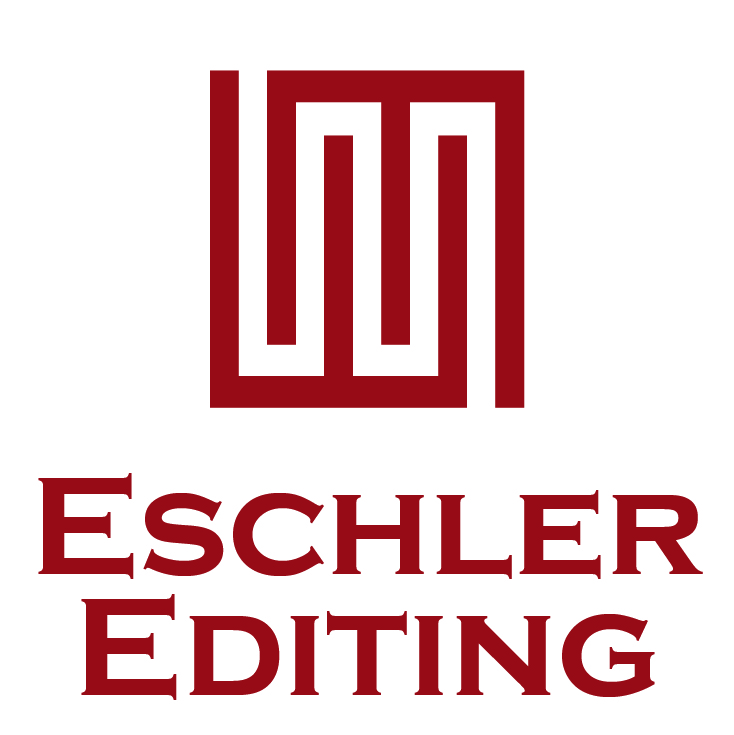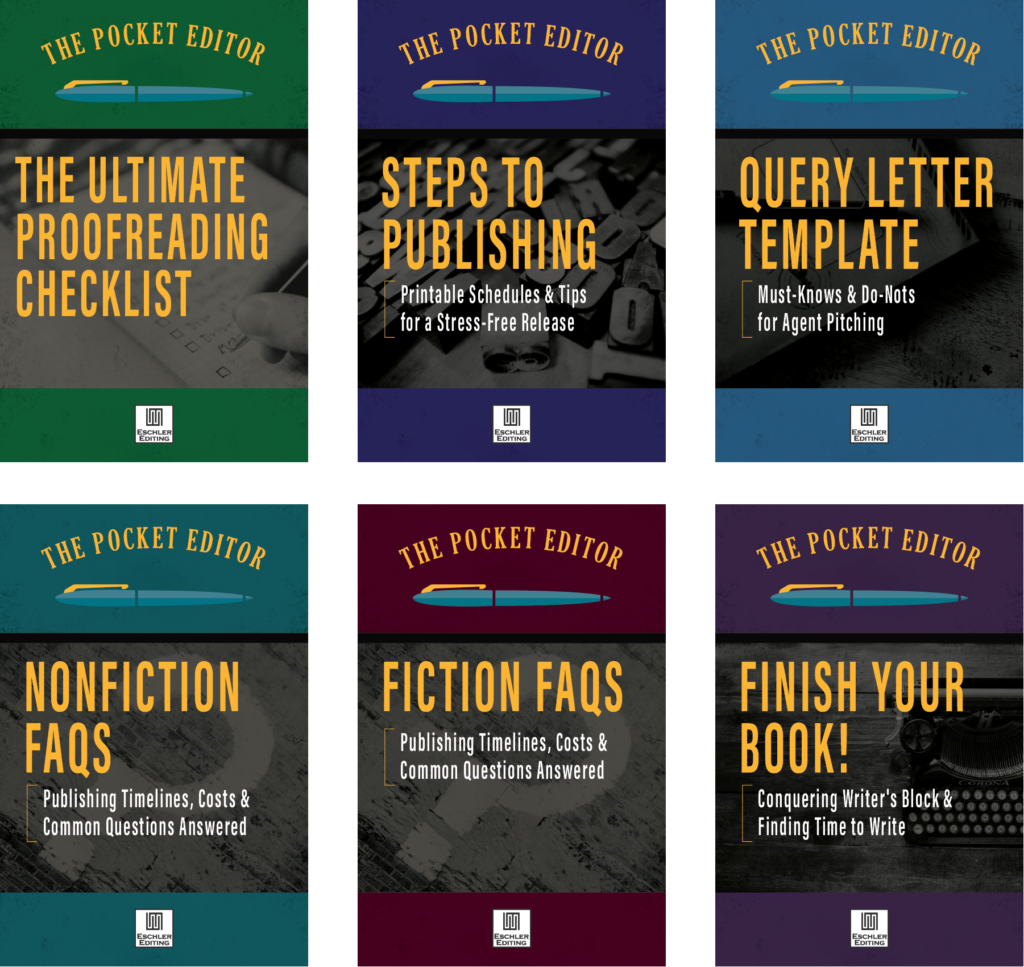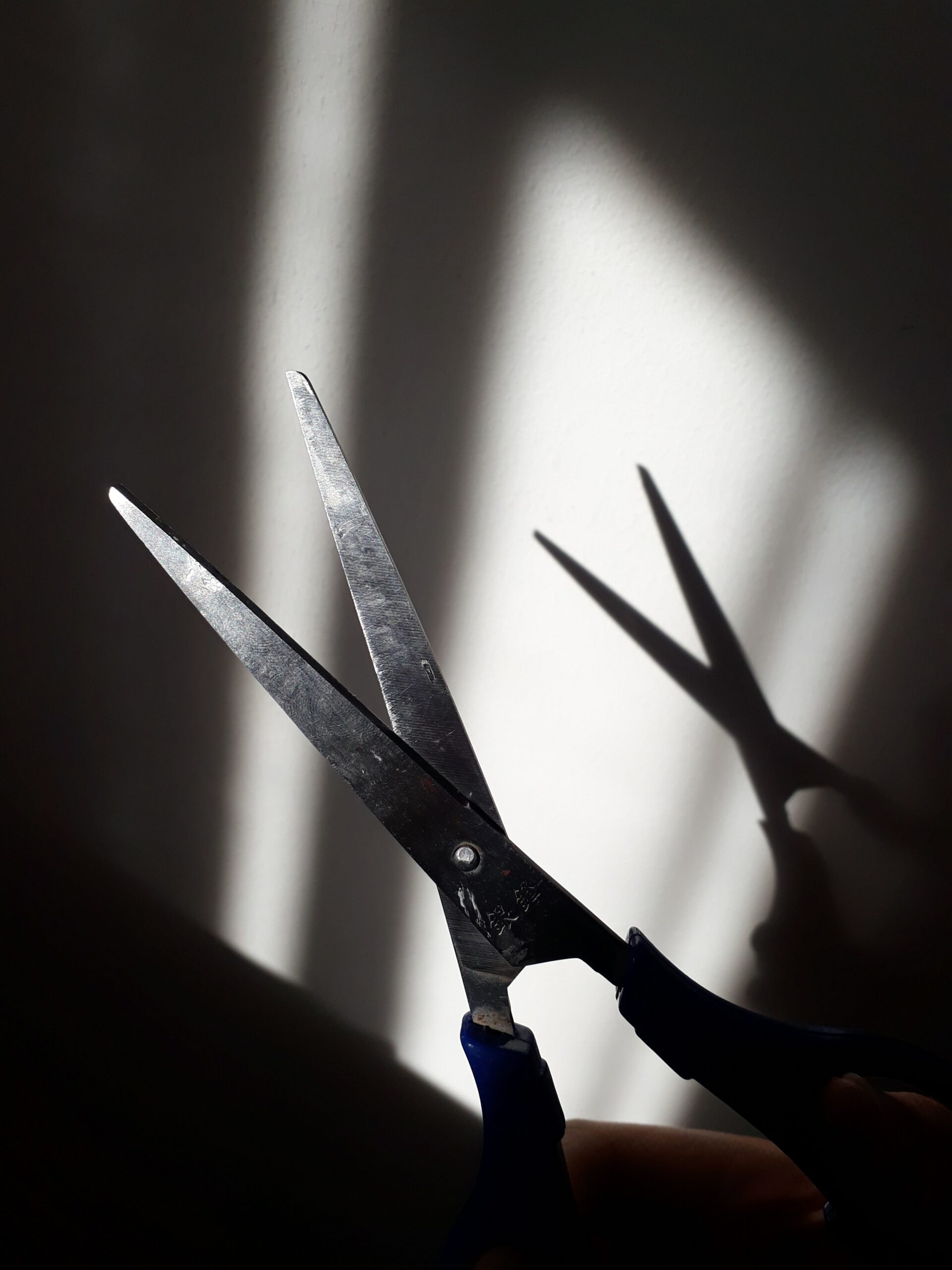Voice and Word Economy
Hook Critique Series: Article 2, Part 2
Trying really hard to find a strong voice? Today we’re following up with the second part of our article on voice and word economy, in which Debra Erfert generously allowed us to post a critique of an early first-page draft from her novel Changes. (You can see that editorial critique here.) In those comments, we discussed how to avoid overwhelming readers by wisely practicing word economy, as well as how to start establishing your character’s voice. Below is a later draft of Debra’s first page, followed by the author’s comments on what she’s learned in the hook-writing process.
* * *
Strawberries slid down the stark white wall, juices dripping in thin bloody ribbons toward the broken bowl near the baseboard. If I’d aimed six inches to the left, I’d have hit my boyfriend’s head as he left.
Correction—my ex-boyfriend.
Three soft, confident taps on the door preceded my neighbor’s entrance. I knew who it was before I saw Chelsea Vanderbilt’s short, rainbow sherbet tips and blond roots. She made my brown hair seem dreary and bland.
“Hey, Grace. I take it David’s gone.”
“He’s gone.” I followed her gaze to the newly redecorated wall. “I missed.”
Chelsea knelt down and picked up the largest chunk of ceramic bowl. “Well, lady, it’s probably a good thing you missed. He is the litigious type.”
I fell onto my hide-a-bed sofa, sighing loudly. “He told me he’s not ready to commit. That we should just be friends.”
Chelsea piled broken bowl chunks into her hand, each falling with a soft clink. “I thought you were already friends.”
“I thought he was going to ask me to marry him. Instead, he dumped me.” I turned on my side, and bumped my head on the worn-out arm of the couch. The brief pain only solidified my anger. “I’m going to be thirty next month. Alone forever! What am I doing wrong?”
“You’re not doing anything wrong,” Chelsea said, trashing the bowl, “except for maybe putting all your trust in a man who never earned it.”
“I probably shouldn’t have dated someone younger than me.”
Chelsea turned and rested her skinny hip against the cabinet. “Five years isn’t that much of a difference. David’s a grown man.”
* * *
Debra’s Comments
Everyone wants to make a good first impression, that’s human nature. But in the world of writing, that precious first impression can be a career builder or a killer. Having an uninspiring first page is like walking into a room full of strangers, tripping, and falling flat on your face. What if you were meeting your future in-laws for the first time and had spinach stuck between your front teeth, or had such bad breath you could see their heads bob back when you spoke? You definitely made an impression, but not the kind you wanted.
I learned that when writing that first sentence of the first paragraph of your first page, you need to quickly hook your reader’s interest or risk losing them completely. I discovered that I am rarely able to do that in the beginning stages of writing. I am a story “builder” or “engineer,” which means I don’t outline each chapter before I sit down and start writing. I may know a few plot turning points, but until I get there, my characters basically tell me where the story goes. By the “end” I understand their personalities and their moods enough that I’m able to go back to that first line, paragraph, and page, and change it to get that sharper hook I need. Another thing I discovered is that my “rough draft” is a detailed, comprehensive outline, ready for that fine-tuning.
* * *
To read anything else our spotlight author is writing, see below:
Debra Erfert
Debra’s Windows into Writing …
Wrapup
Time to hear from you. Do you relate to what Debra expressed about her rough draft being a comprehensive outline? What’s your process like? Comment below!





Great revision, Debra. You really improved the word economy, and the ages of the characters seem more solid. I’d also like to see a little more of your two characters’ deeper psychologies (is that a word? even editors–especially editors–have to ask that question!) as seen through their appearance. That’s really hard to fit onto a first page and also move plot along. So that would be my next challenge: to slip in a half line here or there giving us more insight on Grace (how she rolls despite her current woe), and how she and Chelsea see the world–peas in a pod, or at odds? (Maybe they serve as foils for the other’s viewpoint?). But you’ve made concrete steps forward–very interested to see this novel when it goes to print!
Debra, I love your observations about your first draft! I think it’s important for writers to see the value of revision, and to not expect their work to be perfect right off. I know for me, writing the first draft is difficult because I can’t turn off my inner editor and just allow myself to be creative and explore the characters and the world. I love that you embrace both parts of the process! Great work!
Thank you, Angela! I have a greater appreciation of word economy this morning after reading a historical romance yesterday that, um, could’ve really used your advice.
Thank you, Amy! I’ve seen new writers get done with their first draft believing that they are ready to submit their “creative baby” to the publishing world, and when they get the rejection notes from literary agents and publishers, their writing dreams are dashed and they become discouraged. That first page is important, but the rest of that manuscript is equally important too. If I can capture a reader’s attention with the first 350 words, I need to keep it with the next 200 pages. I also understand that pesky inner editor slowing down the writing process. She bothers me just enough to keep my sentences making sense, although she does have total control over continuity. Ooops! Did I just give myself a split personality?
Great revision. I really like the images the opening paragraph portrays. I felt the emotion. I love discovery writing. I’ve tried to outline before and I think it kills my voice. I think making your rough draft an outline is the perfect way to go.
Good luck with your story.